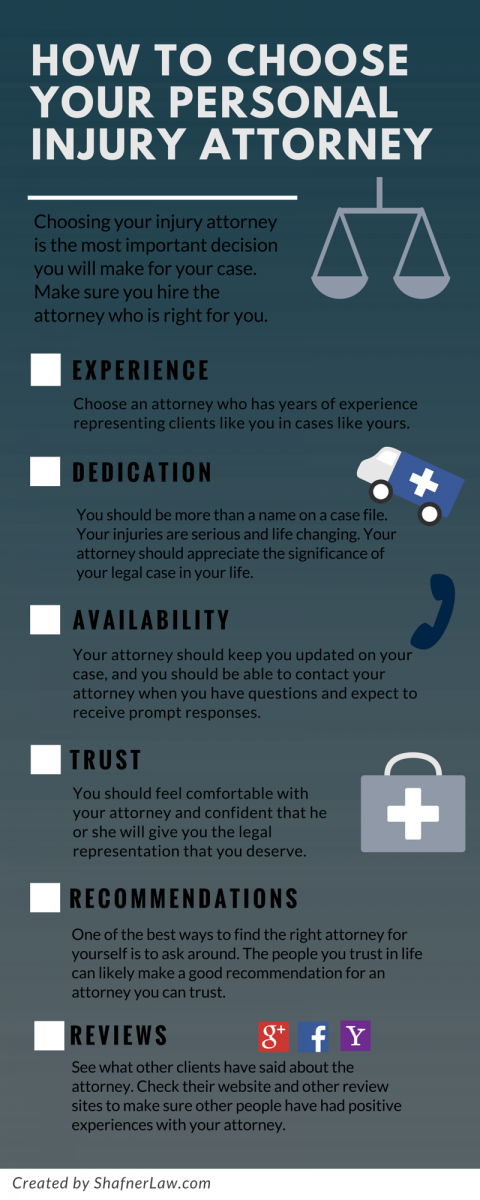Explore Means To Efficiently Solve Landlord-Tenant Arguments, However Remain Familiar With The Concealed Details That Might Affect Your Rights
Explore Means To Efficiently Solve Landlord-Tenant Arguments, However Remain Familiar With The Concealed Details That Might Affect Your Rights
Blog Article
Post Developed By-Pike Hansen
When it comes to landlord-tenant legislation, understanding your legal rights and duties is essential for both events. You might assume you have a solid grasp on the basics, however there are frequently nuances that can capture you unsuspecting. Whether you're a property owner handling a residential or commercial property or a renter searching for a steady home, recognizing the legal landscape can make all the distinction. What may surprise you are the complexities involved in browsing conflicts and expulsion processes.
Comprehending Tenant Rights and Responsibilities
When you rent a residential or commercial property, it's essential to recognize your civil liberties and duties as a lessee. You have the right to a safe and habitable living atmosphere, meaning your landlord must preserve essential services like heating, plumbing, and power.
You're also qualified to personal privacy; proprietors typically require to offer notice prior to entering your system.
On the other side, you're responsible for paying lease on time, keeping the residential or commercial property tidy, and not creating damage past typical deterioration.
Acquaint yourself with your lease contract, as it details details rules and responsibilities. Knowing these facets not only shields you however additionally promotes a positive partnership with your landlord.
Stay informed, and you'll navigate your occupancy more effectively.
Secret Proprietor Responsibilities and Lawful Considerations
While you might recognize your rights as a lessee, it's equally vital to recognize your landlord's obligations.
please click the up coming document need to give a secure and habitable living setting, making certain that important systems like heating, pipes, and power are in working order. They're likewise responsible for making necessary fixings promptly and adhering to local building ordinance.
Furthermore, proprietors should respect your privacy by providing proper notification before entering your device, generally 24 hr. They need to handle security deposits according to state regulations, including returning them immediately after you leave, minus any lawful reductions.
Understanding these obligations can help you keep a positive partnership with your property manager and ensure your living scenario satisfies lawful criteria.
Browsing Disputes and Eviction Procedures
Conflicts between landlords and occupants can emerge unexpectedly, making it important for you to understand the procedures associated with solving them.
First, can you use commercial property as residential is vital-- attempt to talk about issues directly to discover a compromise. If that stops working, familiarize yourself with your regional regulations regarding disputes and expulsion. Document whatever: keep documents of interactions, settlements, and any kind of violations.
If eviction becomes required, guarantee you adhere to the lawful actions required in your location, which typically includes offering written notice and a specific timeframe for resolution.
Be prepared to go to court if the situation intensifies, maybe your only recourse. Comprehending these processes will certainly assist you navigate conflicts more effectively and safeguard your legal rights as either a landlord or tenant.
Verdict
In recap, understanding landlord-tenant legislation is essential for both parties associated with a rental agreement. By understanding your legal rights and duties, you can cultivate a much better living environment and prevent conflicts. If living will vs last will and testament arise, bear in mind that a realty lawyer can assist lead you with the intricacies of expulsion procedures and legal commitments. Remaining informed and proactive will make certain a smoother rental experience, whether you're a proprietor or an occupant.
